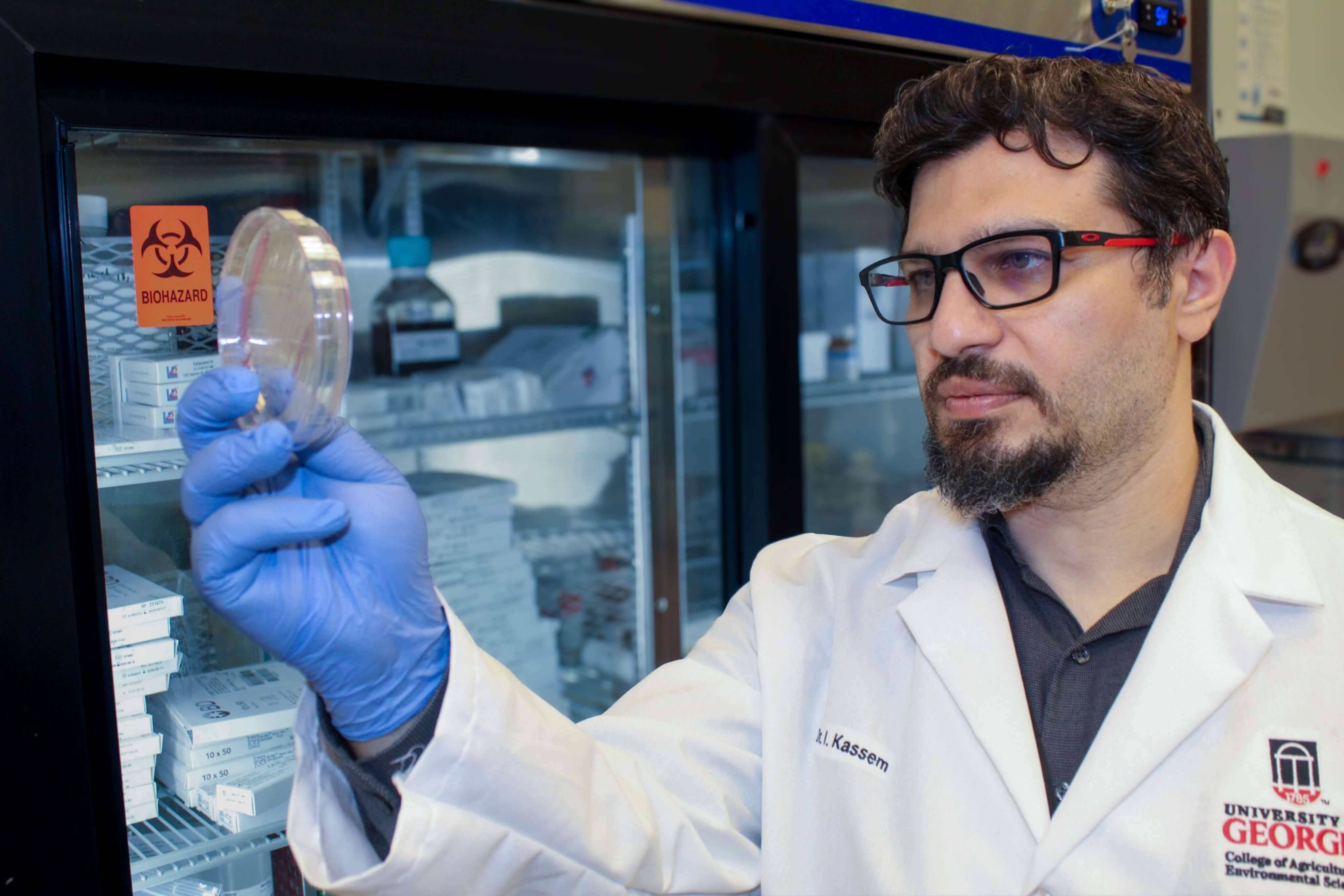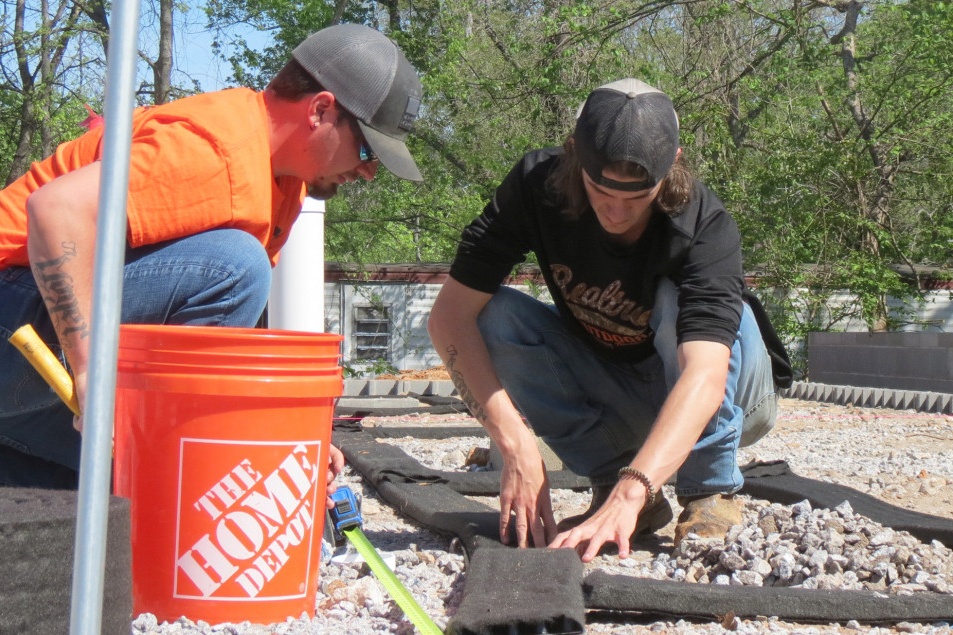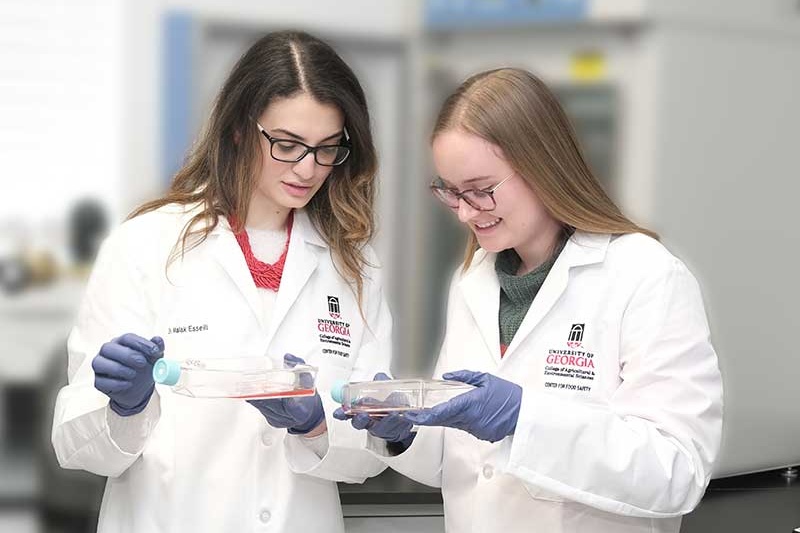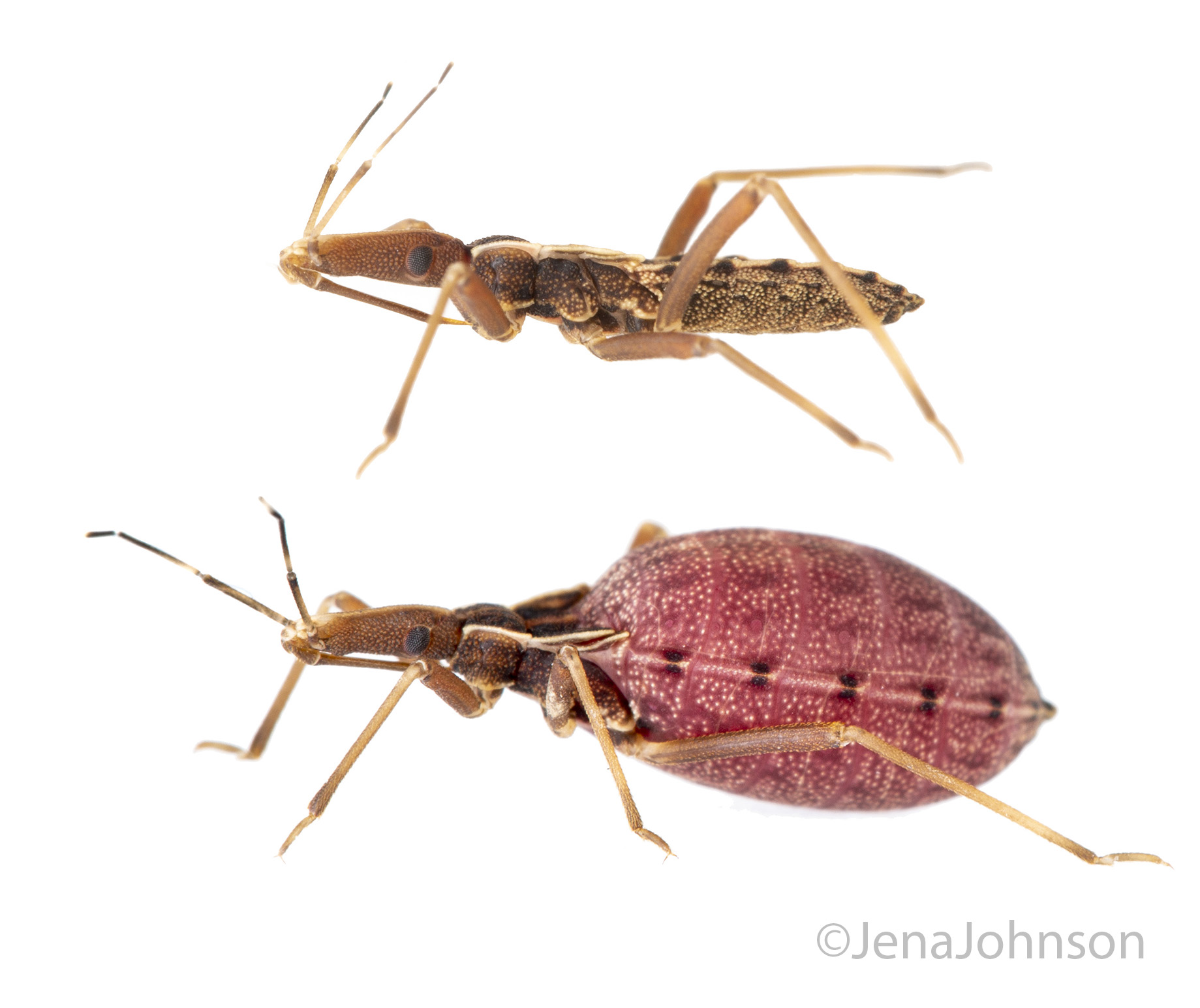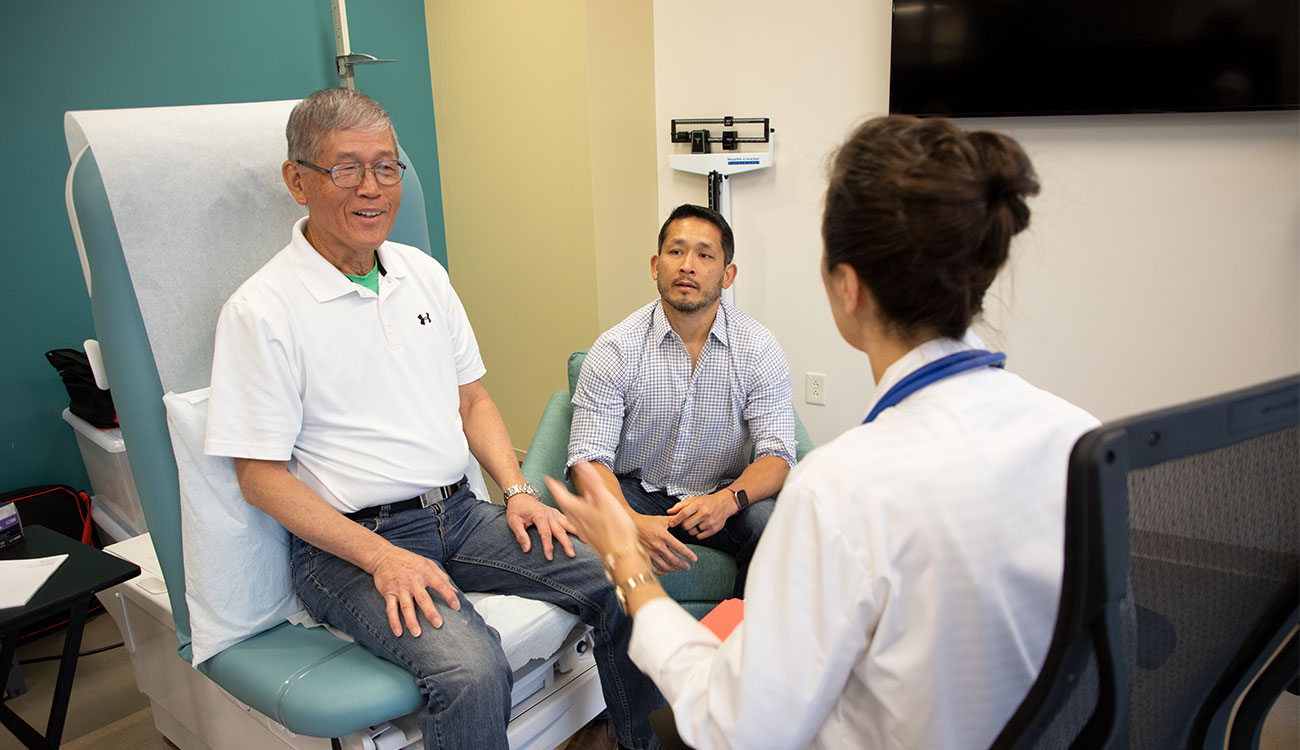 CAES News
CAES News
Beating the Buzz
As summer approaches and regular rainfall continues, now is the time to focus on managing local mosquito populations. During recent work around my home, I found mosquito larvae in nearly every object that could hold water: the birdbath, plant trays, dog water bowl, garden buckets — you name it. If they are in my yard, they are probably in yours, too. Mosquitoes require standing water for their eggs, larvae and pupae to develop.

